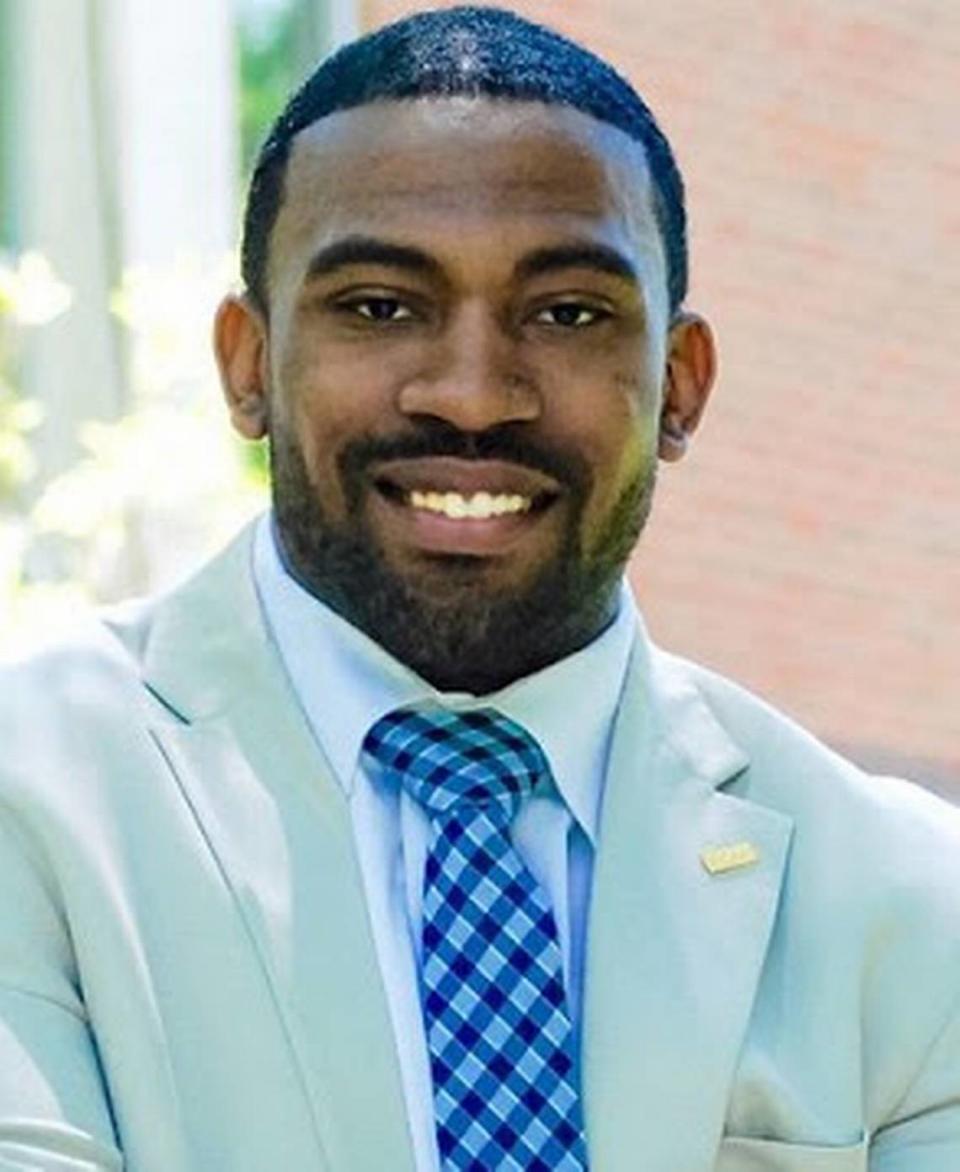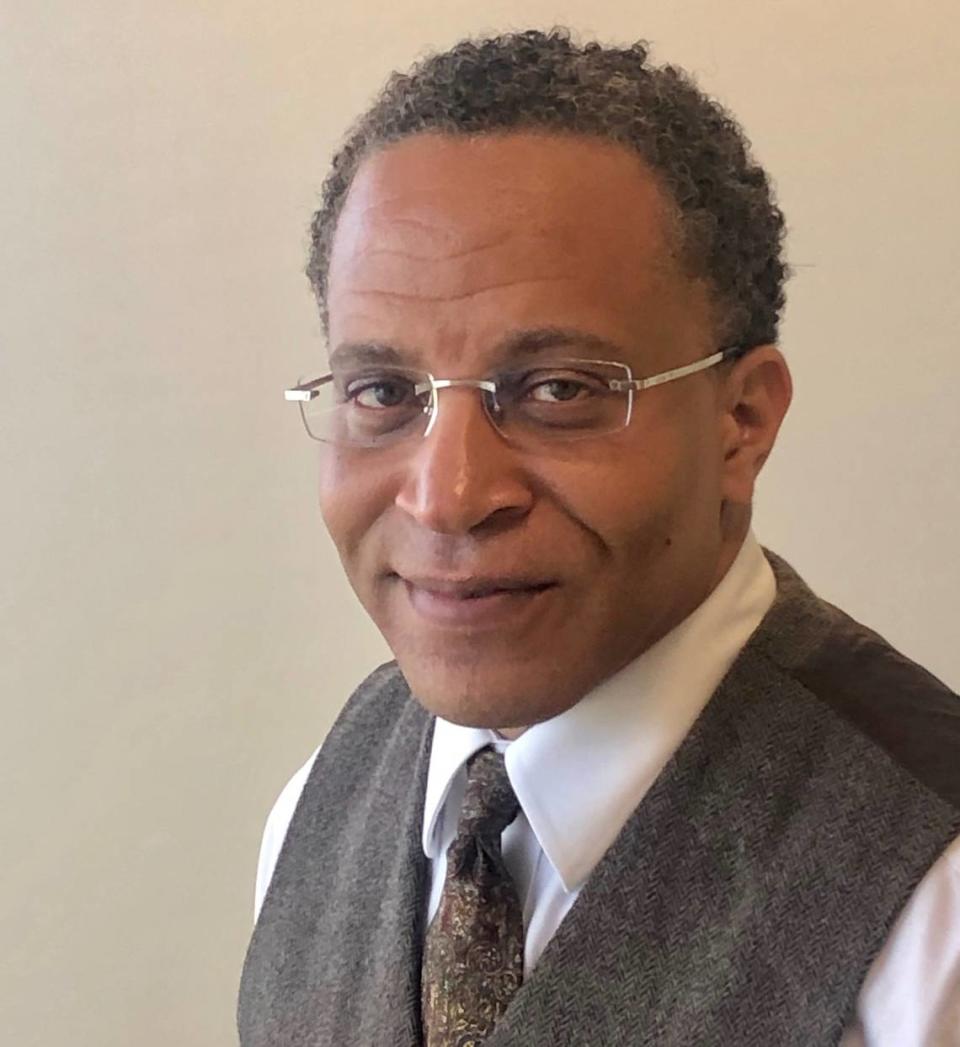Citizens with complaints against Miami police can meet officers face-to-face to resolve dispute | Opinion
A few weeks ago, members of the community came together on the third-floor terrace of the Pérez Art Museum Miami — outdoors and socially distanced — to embark on training that would be pivotal in establishing the city of Miami Community Police Mediation program.
Miami will be the first city in the state to augment its traditional police department’s internal affairs (IA) process with a mediation program to address lower-level community complaints, from discourtesy to improper procedure.
For the program’s 15 participants, some of whom are members of the police department and the Fraternal Order of Police (FOP), this moment at PAMM was three years in the making — a journey that grew from the ideas of community champions involved in the Civilian Investigative Panel (CIP) and local advocacy organizations.
The mediation program employs restorative-justice tactics to settle lower-level police complaints, which make up roughly a quarter of all police complaints in the city of Miami.
Not all cases are suitable for mediation, nor will an individual officer be permitted to resolve cases through mediation if a pattern of behavior is identified.
The immediate objectives of the program are to increase satisfaction among complainants, improve officer conduct and contribute to the Miami Police Department’s (MPD)community-policing goals.
The mediation program has three major long-term goals: provide opportunities for community members to learn about police procedures and perspectives; sensitize MPD officers to community perspectives and concerns; and provide feedback to Miami officers regarding how their conduct appears to members of the community.
Proper mediation involves two trained mediators who neutrally guide the parties through a conversation about the incident.
The process typically concludes with an agreement between the two parties about how they can approach similar situations differently in the future.
Establishing a police mediation program at the city of Miami has been the subject of many discussions, but over just the past year, the MPD, the FOP, and the CIP finally came together for the first time to design and implement a program that will hold officers accountable while strengthening community trust.
This agreement between the police department, the city’s civilian oversight agency and the union — organizations that usually are at odds — links all three stakeholders around a common good. This linkage mirrors the type of participation necessary to solve police misconduct in our communities.
To be clear, mediation, oversight, internal-affairs investigations and everything in between, together or alone, are not the solution to our policing problems. They are tools to build the house; however, they are not the house itself.
Better police-community relations will require investment in other innovative programs; and well-intentioned people who are typically at odds will have to reach consensus on something that forces us to move forward.
Nearly a year ago, during worldwide protests, we asked our leaders: “What does safety look like in our community?” Almost a year after George Floyd’s death, we’re hopeful that Miami has the ability to innovate policing to provide safety for all areas and people within our community.
It will take a collective effort of the entire community and a dedication to the public interest.
Rodney W. Jacobs is assistant director of the city of Miami Civilian Investigative Panel; Russell Motley is a member of the panel.



